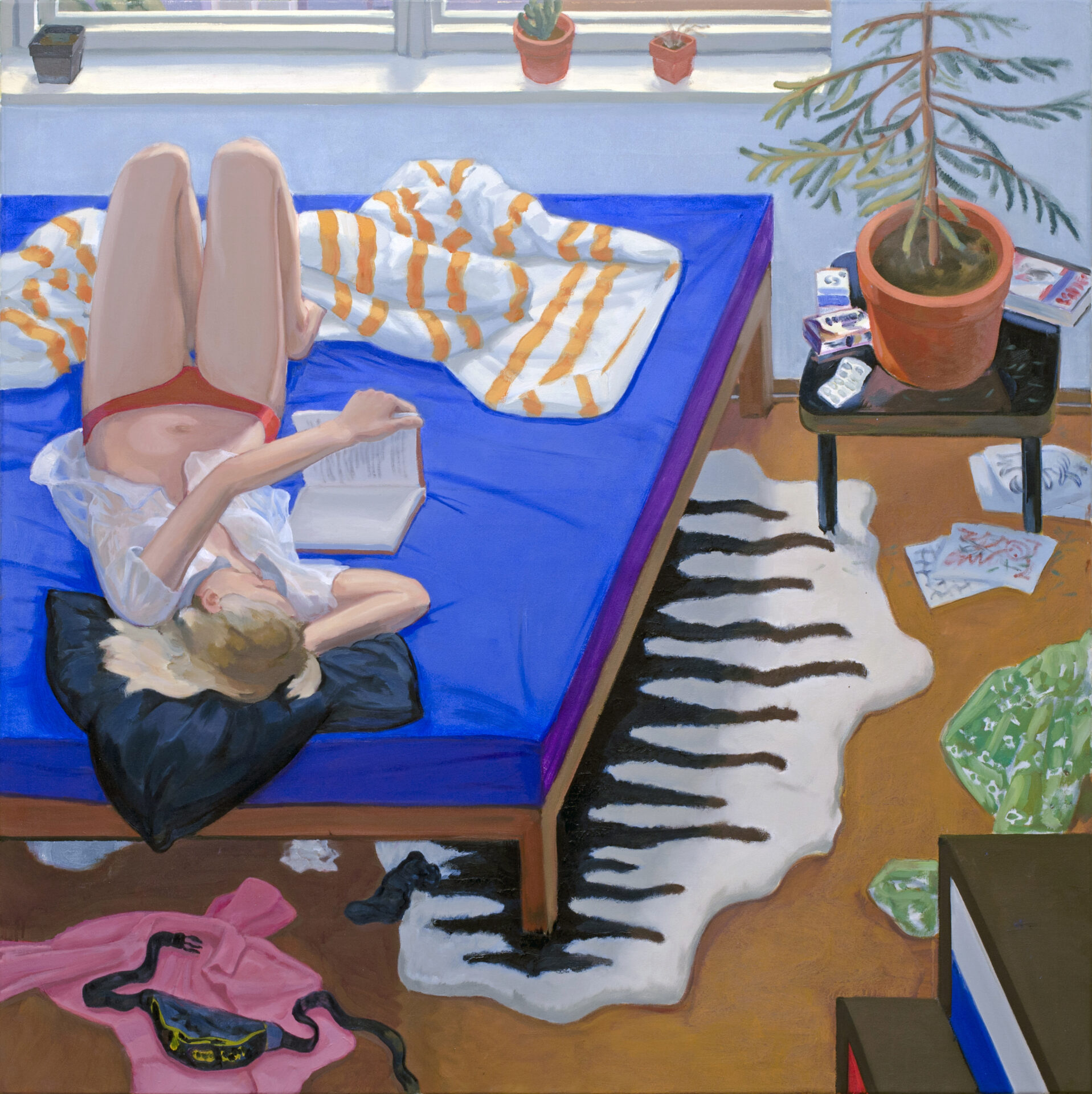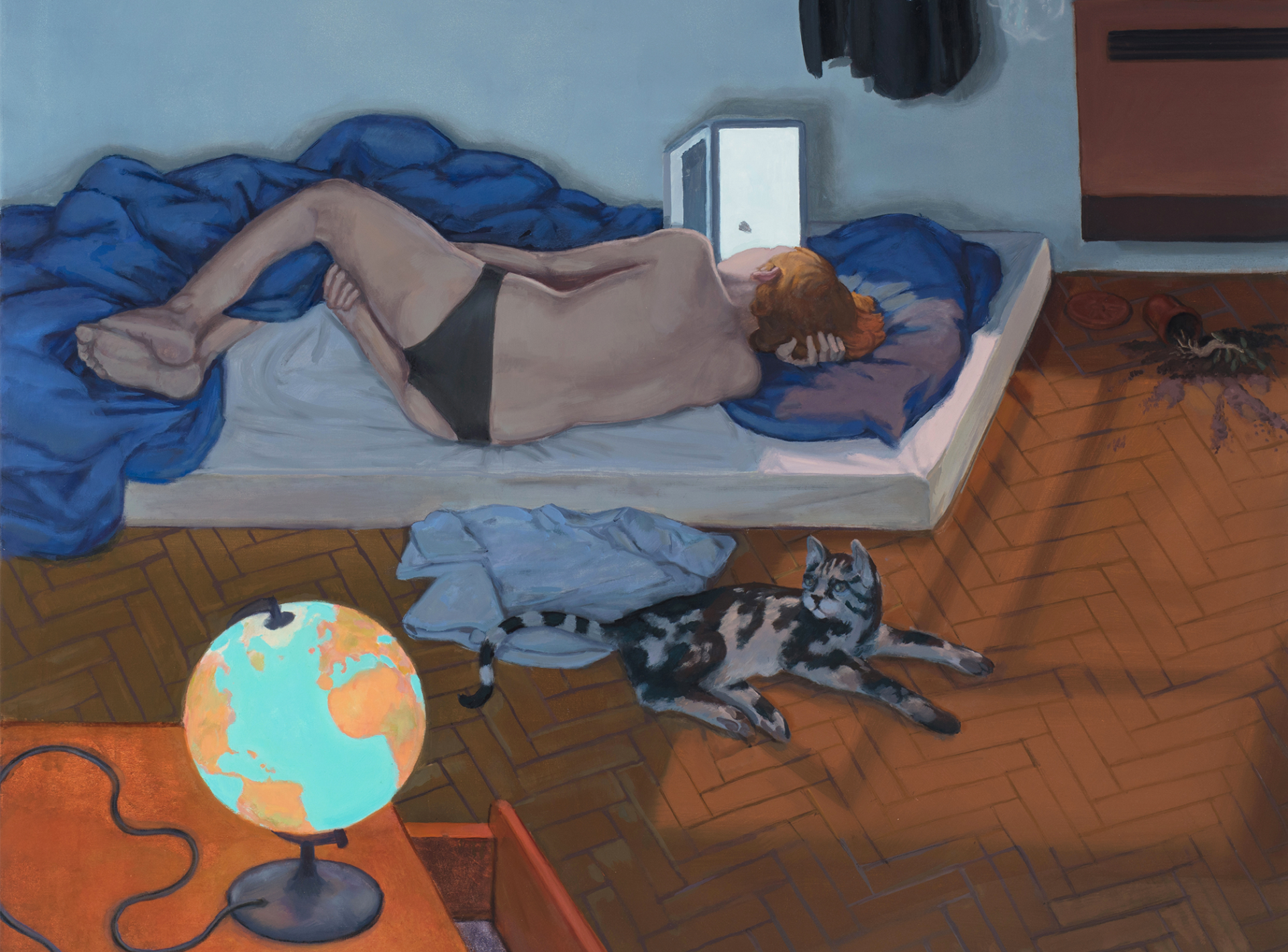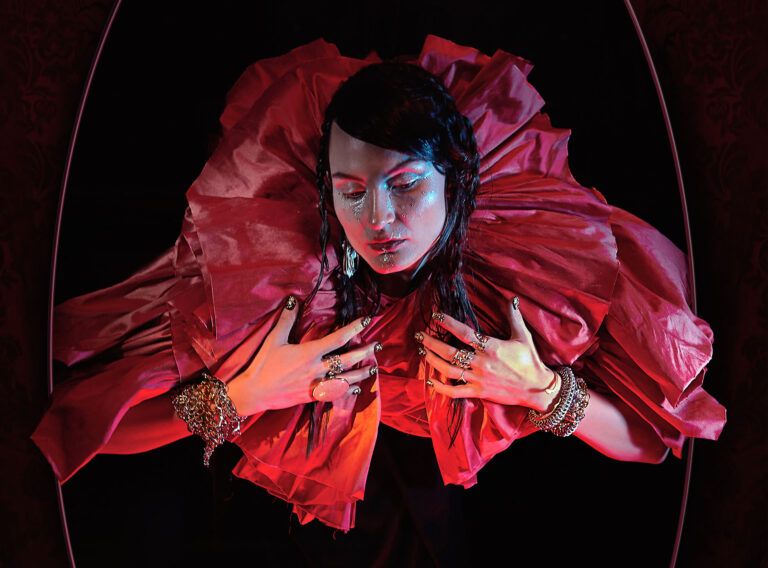After almost two years on antidepressants, I decided to quit. Cold turkey (don´t worry, I told my psychiatrist about it and you should too!). The reasons behind the treatment were complex and I don’t want to go too deep into that. What is important is the fact it really helped me during a certain period but it was about time to use the inner support system I built during years in therapy without artificial chemicals. The tricky part of antidepressants is that they gave me a sense of “normality”. For almost the first time of my adult life, I felt “normal” in my body. I don´t speak about the mind because it’s an obvious double-bind. I felt like I can trust my body that it won’t fail me. Whoa. Since chronic pain is also a big part of my life, it was a really pivotal experience. Imagine your brain being inscribed with constant fear of slipping. You would rather limp and go slow than to pretend the danger of slipping is not there and then see yourself crashing again. And, suddenly, you can walk confidently and fearlessly. I must admit, that feeling is addictive, not just the pills themselves. So, this is how people without “mental illness” feel in their bodies? Wow, mindfuck (the good one here). It is not that the medicaments suppress your feelings. You are still able to feel the sadness, the anxiety, the elusive moments of happiness. But it won’t cut loose the leash of emotions too far, to the dangerous zones of deep depression or mania. These were my traits. You are kept within certain boundaries of emotions and physical experiences. You are allowed to be productive again, whatever that means.

In Madness and Civilization (1961), Michael Foucault follows the history and politics behind the term “madness”. Especially since The Enlightenment, madness is a condition that should be treated, because it goes straightforwardly against reason. It sounds obvious but it has wider and more important connotations: if reason (and the reasonable mind) possesses a higher value than the body (as divided in the sense of Cartesian dualism), the value of the body of a mad person is not useful to society. As Foucault further depicts in Discipline and Punish (1975), it is necessary for the functioning power to rest upon the so-called “docile bodies”. Through our bodies, we experience the everyday experience of “being a human”. Hence, we, as docile bodies, are trained and disciplined to act in a certain way, which does not threaten the power; the state apparatus, the discourse, and their status quo. The body can be disciplined sufficiently only when the mind, although implicitly, is able to understand the demands of social institutions, i.e. is not “mad”. Otherwise, it needs to be cured and if the treatment is not successful, there is always the mental asylum. The condition of madness is a threat to society, the system, the power. It needs to be said, in the Foucauldian sense, that we can’t self-constitute ourselves outside of the power structures we are born into.

The current discourse about “mental illnesses” and madness is framed both by the medical approach (the “destigmatization” of antidepressants as they’re common with a big part of the population) and the more alternative approach that praises the methods of mindfulness and other ways to calm your mind and regain the rooted vision of your life (as if there was any to start with). My personal experience is influenced by both of these approaches. I started with medication partially because I wanted be productive and active again (thereby docile) and, at the same time, to find my “true inner self” by practicing yoga, self-healing, etc., you name it. Looking back, I must admit, both ways are just illusory. On the second day I stopped using the pills, all the major withdrawal symptoms came: shivering, nausea, fever, cramps, suicidal thoughts. Everything, basically. It lasted for almost three weeks. Even during those days, I forced myself to work to “keep the level of sanity up”. I even wrote into my diary: Hereby, I actively reclaim my sanity. I should’ve written, more accurately: Hereby, I actively reclaim my docile body once again. And the second, more alternative way? Your body is a temple, they say. Stay in the moment, they say. But what if that temple is full of raging crowds of confused worshippers? Such temple is the smallest prison on Earth. What if the present moment is unbearable and you just want to escape? I just want to feel “normal” again.

The addiction to boundaries is a part of the whole politics of normality. Leonard Cohen wrote in his Anthem: “There is a crack in everything. That’s how the light gets in.” Yet I still wonder whether we should see the light as a ray of normality and sanity or to directly look for the cracks in the politics of normality and look for the rays of subversion.

BIO / Timea Crofony was born in 1988 in Brno, studied law and gender studies, and is currently working for Centre for Gender and Science, Institute of Sociology. Feminist by occupation.
BIO / Jan Kostohryz was born in 1993. Between 2008 and 2012, he attended Prague’s Václav Hollar College and Secondary School of Fine Arts and Academy of Fine Arts in Prague between 2012 and 2018. He is a member of the Czech Eastern folk/country band DINGO where he plays the electric bass, banjo, harmonica and does backing vocals.
Painting titles by order /
The Bed
The Tick
A spider in the Bathtub
A Moth on the Screen
—
Text / Timea Crofony
Artworks / Jan Kostohryz




